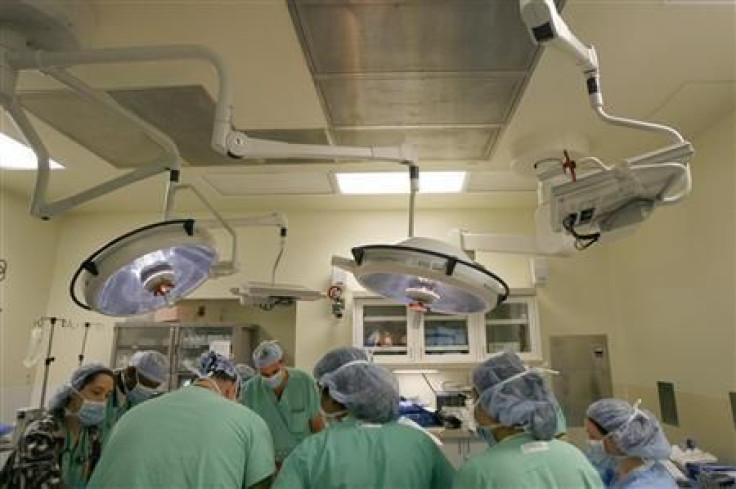US Healthcare: Gallup Poll Finds Costs, Access & Obesity Are Top Concerns

Almost a quarter of Americans say cost is the top health problem facing the nation today, after limited access to health care and obesity, according to a Gallup poll released Thursday.
It’s the first time since 2007 that health cost concerns overtook fears about limited access to health care. 23 percent of those polled thought cost was the country’s most urgent health problem, compared to 16 percent who said access.
U.S. citizens also fear that the nation is too fat, with obesity ranked as the third-most urgent perceived U.S. health problem.
Poll results sometimes skew from reality, at least for the actual impacts of some diseases. Heart disease, the country’s leading killer, worried only 2 percent of respondents, less of a fear than statistically less lethal cancer (10 percent).
But concern about “government interference” in health issues grew the fastest, rising from 2 percent in 2012 to 9 percent now. That’s a similar sentiment relative to November 2010, when President Barack Obama’s health care reform first passed.
Americans forgot about flu and bioterrorism, considerable concerns in past years, but remembered mental illness, possibly thanks to mass shootings and media coverage.
The poll comes at a troubled time for Obama’s health care overhaul. The healthcare.gov website has infamously seen technical glitches, and thousands of Americans may lose insurance coverage, despite Obama’s past promises that people could mostly keep their coverage.
In a Gallup poll last week, Americans expressed disapproval of the Affordable Care Act, with 55 percent disapproving of the law versus 40 percent approval. That’s a change from November 2012, the last time more Americans approved than disapproved.
Since the ACA’s rollout is still in progress, “it is hard to assess how the legislation is changing Americans' perceptions on these core points,” according to Gallup. “It appears the verdict thus far is mixed.”
At a conference of CEOs earlier this week, Obama said extreme U.S. health care costs are a major fuel for public debts and deficits. But he added that health care costs are growing at the slowest rate in 50 years.
Health care accounted for 18 percent of the U.S. economy in 2010, according to a Kaiser Foundation report from last year. The U.S. spends about 90 percent more on health care than other industrialized countries, including OECD countries.
© Copyright IBTimes 2024. All rights reserved.












